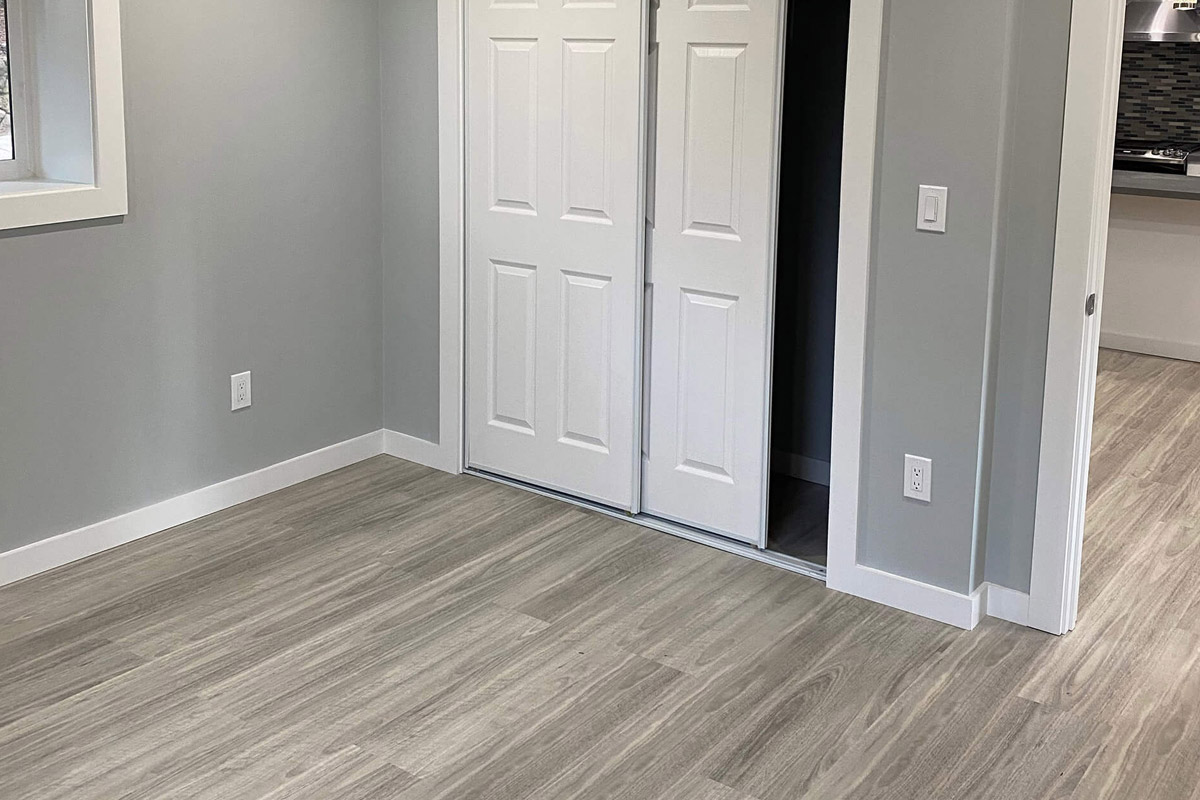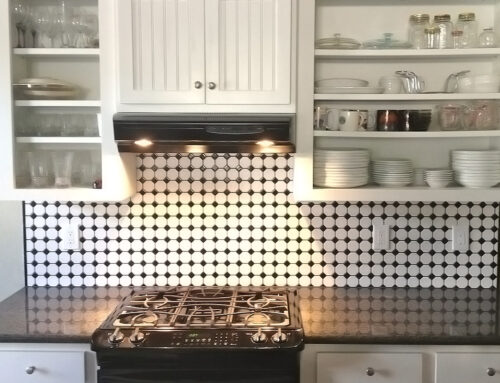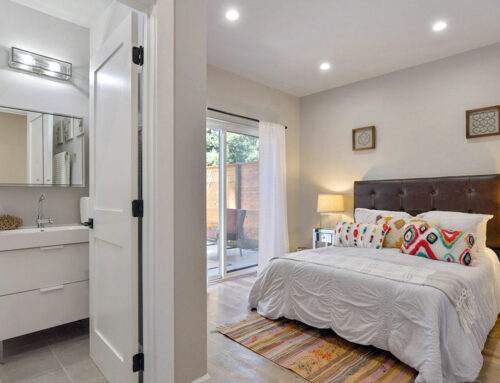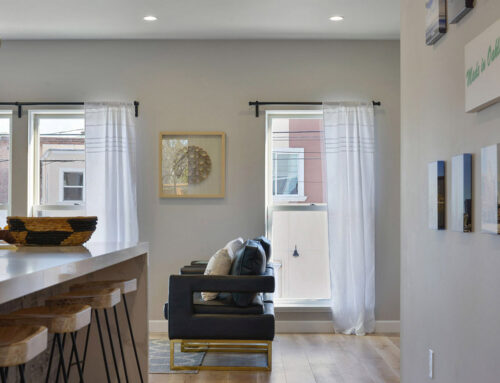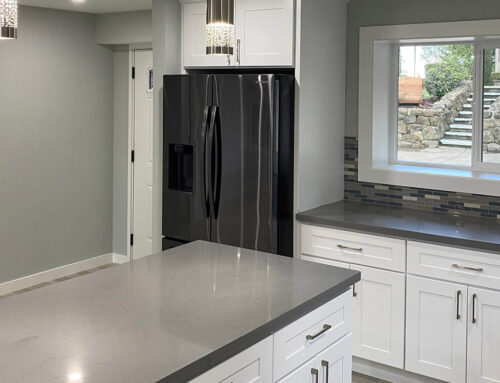No, thanks to new regulations, a Homeowners Association (HOA) cannot completely block your accessory dwelling unit (ADU) construction in California. However, the new law does allow them to make reasonable limitations on your construction. If you’re considering building an ADU and you belong to an HOA, it is important to understand what kind of influence they can have and how your ADU builder can help you avoid unnecessary burden from the HOA. Here’s what you need to know.
New California Law
Previously, many HOA outlawed ADUs in their neighborhood and barred property owners from renting their space. As ADU laws and rental laws in California have been changing in order to increase the housing supply and reduce homelessness, the state intervened and passed AB 3182. This new law prohibits HOAs from limiting a property owner’s ability to build an ADU or to rent it (or any of their property) out to other people.
The law also undermines HOA’s attempts to make their ADU restrictions so challenging that homeowners simply give up on the project. It states that HOAs cannot make provisions which have “the effect of prohibiting, unreasonably restricts” the rental of any of the separate interests, accessory dwelling units (“ADU”), or junior accessory dwelling units (“JADU”) in a community association.”
There is some concern over which specific rules an HOA can level, which might be said to have the effect of prohibiting your ADU. However, this new law gives you room to challenge the HOA and makes almost all ADU construction in an HOA’s jurisdiction much more feasible.
What are Reasonable Restrictions?
The new law allows HOAs to place reasonable restrictions on the ADU project you might have in mind. What precisely is reasonable is often still being worked out among HOAs, in city bylaws and in the courts. There are, however, some restrictions that we can say are likely reasonable and which you project will have to abide by (if your HOA enforces them):
- Aesthetics: Most of the aesthetic requirements that an HOA might have are allowed. That includes demanding your ADU match the look of the neighborhood.
- Common areas: If you have a condo or the HOA owns the common areas of the property, you are unlikely to be able to build an ADU in the common areas.
- Story poles: Requiring story poles is usually reasonable.
Some good indications that a restriction is not reasonable includes that it adds significant expense to the project or it adds significant time to the construction timeline. Remember, an HOA cannot add restrictions that are so challenging it means the project essentially cannot be done.
Your ADU Builder Can Help
You’re not the first person who has wanted to build an ADU against the grain of a grumpy HOA. In fact, you may not even be the first person in your neighborhood to do it. Your ADU construction company should have lots of experience in managing projects under HOAs and will help you accomplish your build in the least expensive and least time-consuming way.


